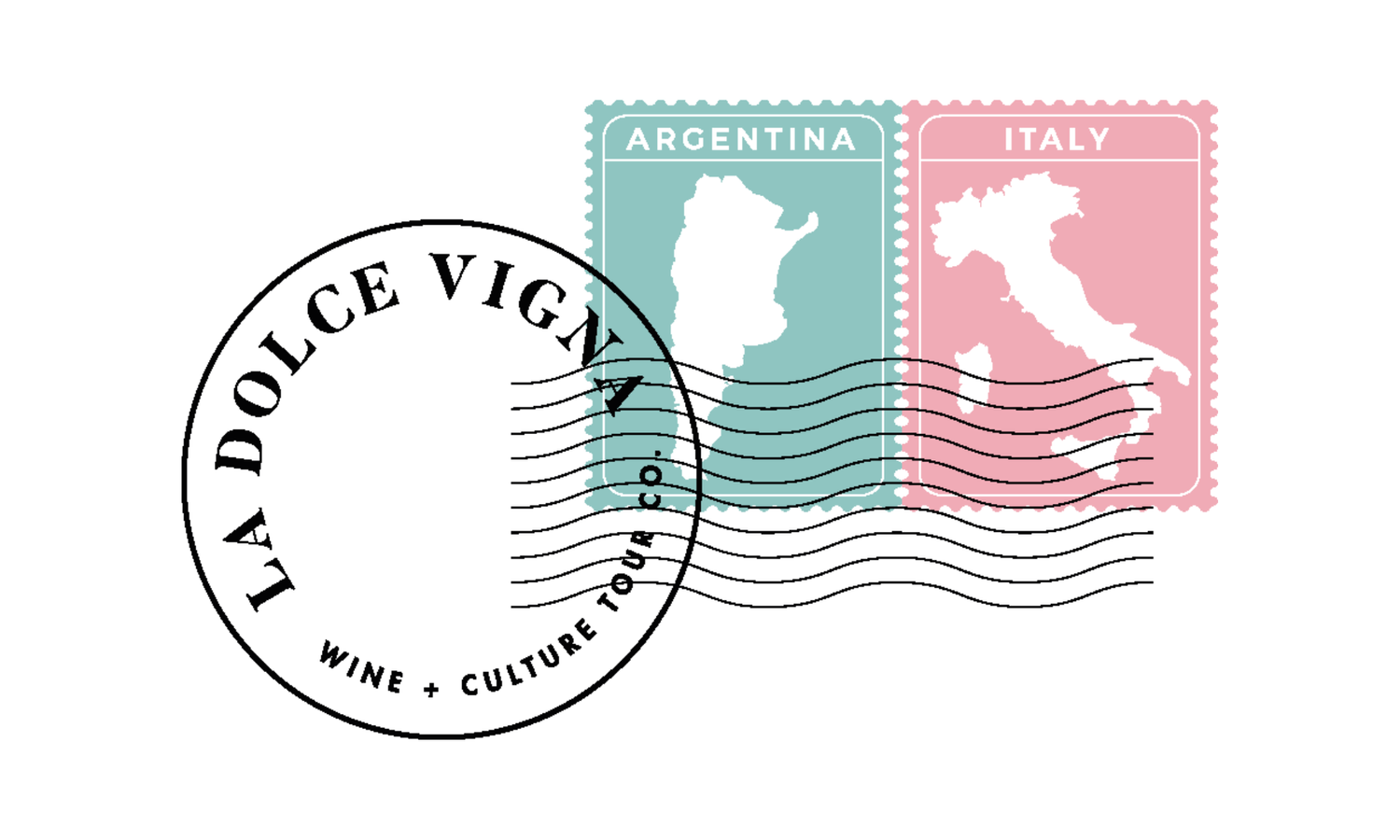In between the Golden Globes and Academy Awards, and on the 100th Anniversary of Italian director Federico Fellini’s birth (January 20th), I wanted to share with you my 10 favorite Italian-language films. Collectively, the films on this list offer a poignant view of Italy over the past 80 years. Whether you have been to Italy many times already or are looking forward to your first trip there, I hope these films will help you get to know Italy and Italian culture even better. Enjoy!
Seven Beauties (1975)
Written and Directed by Lina Wertmüller
Italian Title: Settebellezze
This film follows a Neopolitan dandy played by Giancarlo Giannini throughout World War II. A story of survival and the horrors of war. The backdrop is Naples and other parts of Campania.
With Seven Beauties, Wertmuller was the first woman nominated for an Academy Award for Best Director (another woman would not be nominated for this award until 1993). The film was also nominated as Best Foreign Film for both the Academy Awards and the Golden Globes.
La Dolce Vita (1960)
Directed by Federico Fellini
Marcello Mastroianni plays a tabloid journalist having an existential crisis in post-war Rome. The film’s working title—“Although life is brutal and terrible, you can always find a few wonderful moments of sensuality and sweetness”—kind of says it all.
On Fellini, aforementioned Wertmüller, who was his assistant director for 81/2 said, “You cannot speak about Fellini. Describing him is like describing a sunrise or sunset. Fellini was an extraordinary human being, a force of nature, he was a man of extraordinary intelligence and sympathy.”
La Notte (1961)
Directed by Michelangelo Antonioni
If I had to pick my favorite Italian film of all time, this would be it. La Notte is a look at a relationship unraveling over the course of one meandering evening in Milan, starring Marcello Mastroianni and Jeanne Moreau. Subtle, haunting and beautiful. Part of a trilogy, which also includes L’Avventura and L’Eclisse.
The Leopard (1963)
Directed by Luchino Visconti
Italian TItle: Il Gattopardo
This epic period drama based on Giuseppe Tomasi di Lampedusa’s eponymous novel chronicles the changes in 19th Century Sicily during Italian’s Unification. American actor Burt Lancaster, who plays the the Prince of Salina, said of Visconti, “the finest director I’ve ever worked with.”
Note: There are several version of this film. Try to get the Italian-dubbed version, as Visconti has said of the English version, “I don’t feel it’s my film at all.”
Rome, Open City (1945)
Co-written and Directed by Roberto Rossellini
Italian Title: Roma, Città Aperta
This film, which gave birth to the Italian Neo-Realism genre, tells the story of the Roman people under Nazi occupation. It was written and filmed only a year after the city was liberated by Allied forces. Besides a couple of the principal actors (Anna Magnani, Aldo Fabrizi and Marcello Pagliero), Rossellini cast non-professional actors, lending a heart-breakingly authentic vision of the desperation and fear felt in this period.
In 1946, it won the Grand Prix at the Cannes Film Festival.
The Great Beauty (2013)
Directed by Paolo Sorrentino
Italian Title: La Grande Bellezza
Some would say The Great Beauty is to the Berlusconi years, what La Dolce Vita was to post-war Italy. Both films follow a journalist searching for the meaning of life in the midst of the excess, glamour, and wealth of Rome. Artfully shot.
The Great Beauty won both the Academy Award and Golden Globe for Best Foreign Film.
Cinema Paradiso (1988)
Directed by Giuseppe Tornatore
This coming-of-age film tells the story of a young boy who falls in love with cinema while growing up in a small Sicilian town. Shot in Sicily in the director’s seaside hometown Bagheria and also Cefalù (both in Sicily).
The film score, saturated with a sweet nostalgia, was composed by Ennio Morricone and his son Andrea. Cinema Paradiso won the Best Foreign Film at the 62nd Academy Awards.
I am Love (2009)
Directed by Luca Guadagnino
Italian Title: Io sono l’amore
Set in Milan, Io sono l’amore follows a wealthy family confronting the forces of tradition and passion at the turn of the 21st Century, starring Tilda Swinton as the mother. Guadagnino considers this to be the first film in his ‘Desire’ trilogy, which includes A Bigger Splash (2015) and Call My By Your Name (2017).
The soundtrack consists of pre-existing pieces by composer John Adams. It was premiered at the Venice Film Festival in 2009 and won Academy Award for Best Costumes.
Life Is Beautiful (1997)
Co-written and Directed by Roberto Benigni
Italian Title: La vita è bella
This heart-wrenching comedy-drama tells the story of how an Italian-Jewish father (Benigni) and his son cope in a Nazi concentration camp. The film was partly inspired by Benigni’s father, who spent two years in a German labor camp and would recount his experiences humorously to his children so as not to scare them and to help himself heal form the horrific experience as well.
The film is shot in Arezzo, Tuscany. Life is Beautiful won the Grand Prix at Cannes, the Academy Awards for Best Actor, Best Foreign Film, Best Original Score (Nicola Piovani), among many other accolades.
Bicycle Thieves (1948)
Directed by Vittorio De Sica
Italian Title: Ladri di biciclette
This Italian Neo-realist film (arguably the best example of Neo-realism) tells the story of a poor father searching for his stolen bicycle with his son in a post-war Rome. De Sica shot the entire film on location, using no sets, and cast only non-actors. It won the Best Foreign Film Golden Globe in 1950 and won an Honorary Academy Award for Best Foreign Film the same year. It is frequently on Influential/ Best Film lists.












